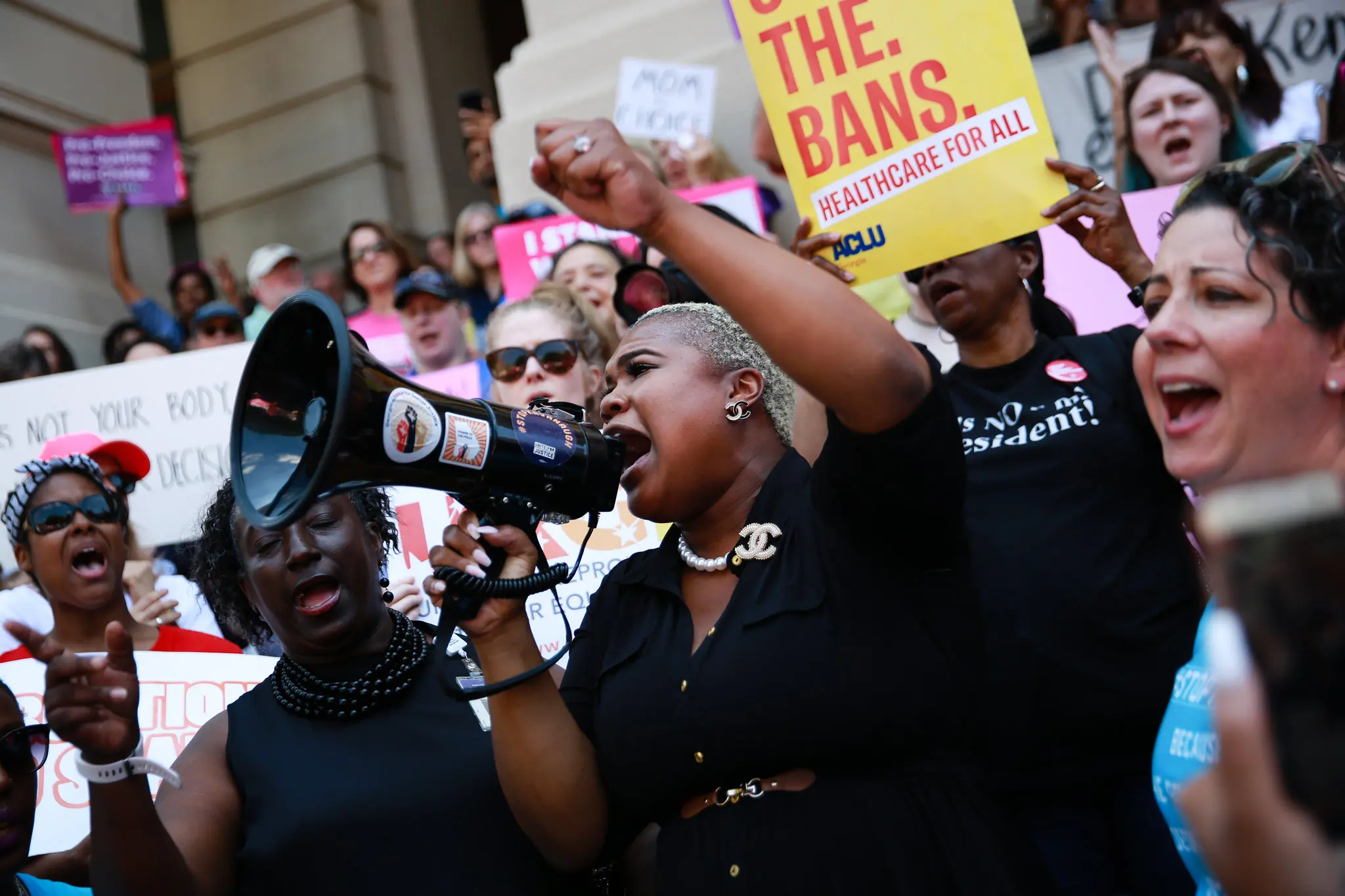In 2015, Francisca Shaw was undergoing an emergency cesarean for her third child at the University of Washington Medical Center when she felt something was terribly wrong. “I remember I told my doctor when I was getting cut: ‘I can’t breathe,'” Shaw recalls, but her concerns were dismissed. Shaw’s uterus ruptured during the procedure, leading to heavy bleeding, a hysterectomy, and cardiac arrest. She spent three weeks in the hospital. While the medical center did not comment on her case due to privacy laws, Shaw’s story highlights the critical maternal health crisis Black women face in the U.S.
Now, advocates are working to raise awareness of this crisis ahead of the November 5 election, drawing attention to the disparities Black women face in pregnancy and maternal health. These efforts aim to address not only higher rates of complications and deaths during pregnancy but also increased rates of certain cancers. Despite public opinion surveys showing that inflation and the economy rank higher as priorities for Black women, reproductive health issues are becoming a central part of voter mobilization efforts.
Kamala Harris, the Democratic candidate for president, has made abortion rights a key part of her platform, accusing Republican Donald Trump of contributing to the maternal health crisis by supporting abortion restrictions. Activists working for reproductive justice have focused on the broader issue of systemic healthcare inequities, beyond just abortion, seeking to spotlight disparities in maternal mortality and reproductive health care for Black women.
Black women account for 13% of the female population in the U.S., but they represented 41.5% of abortions in 2021, according to recent data. They are also three times more likely than white women to die from pregnancy-related causes, according to the Centers for Disease Control and Prevention (CDC). In Georgia, where Black people make up 31% of the population, the state has one of the highest maternal mortality rates in the country. Nearly 16% of women in Georgia have to travel more than 30 minutes to reach a hospital for delivery.
These disparities are driven by chronic conditions like cardiovascular disease and hypertension, as well as structural racism, implicit bias in healthcare, and limited access to quality care, according to health experts and the CDC. Leah Wright Rigueur, a professor at Johns Hopkins University, explained that the landscape for Black women’s reproductive health has worsened in the past few years due to abortion restrictions, making it harder to access emergency care in cases of pregnancy complications.
In Our Own Voice, a coalition of eight reproductive justice organizations, has spent $2 million on outreach efforts, including digital ads and mailers, to inform voters about abortion access and maternal health. They have targeted battleground states, including those where abortion is on the ballot in November. While Kamala Harris’s campaign has focused more on abortion access than maternal health specifically, her record includes sponsorship of the 2020 Momnibus Act, which aimed to expand access to prenatal and postpartum care for mothers and address health disparities.
Black maternal health has also become a central issue in Georgia, a battleground state with strict abortion laws. Two recent deaths of Black mothers, Amber Thurman and Candi Miller, were tied to complications from medication abortions, which Harris referenced during a campaign stop in Atlanta. Voter mobilization efforts, led by groups like the Feminist Women’s Health Center, are highlighting these issues, underscoring the passion for reproductive justice in Georgia.
As advocates push for greater attention to maternal health disparities, the upcoming election offers a critical moment to bring these life-threatening inequities to the forefront of national discussions.


















